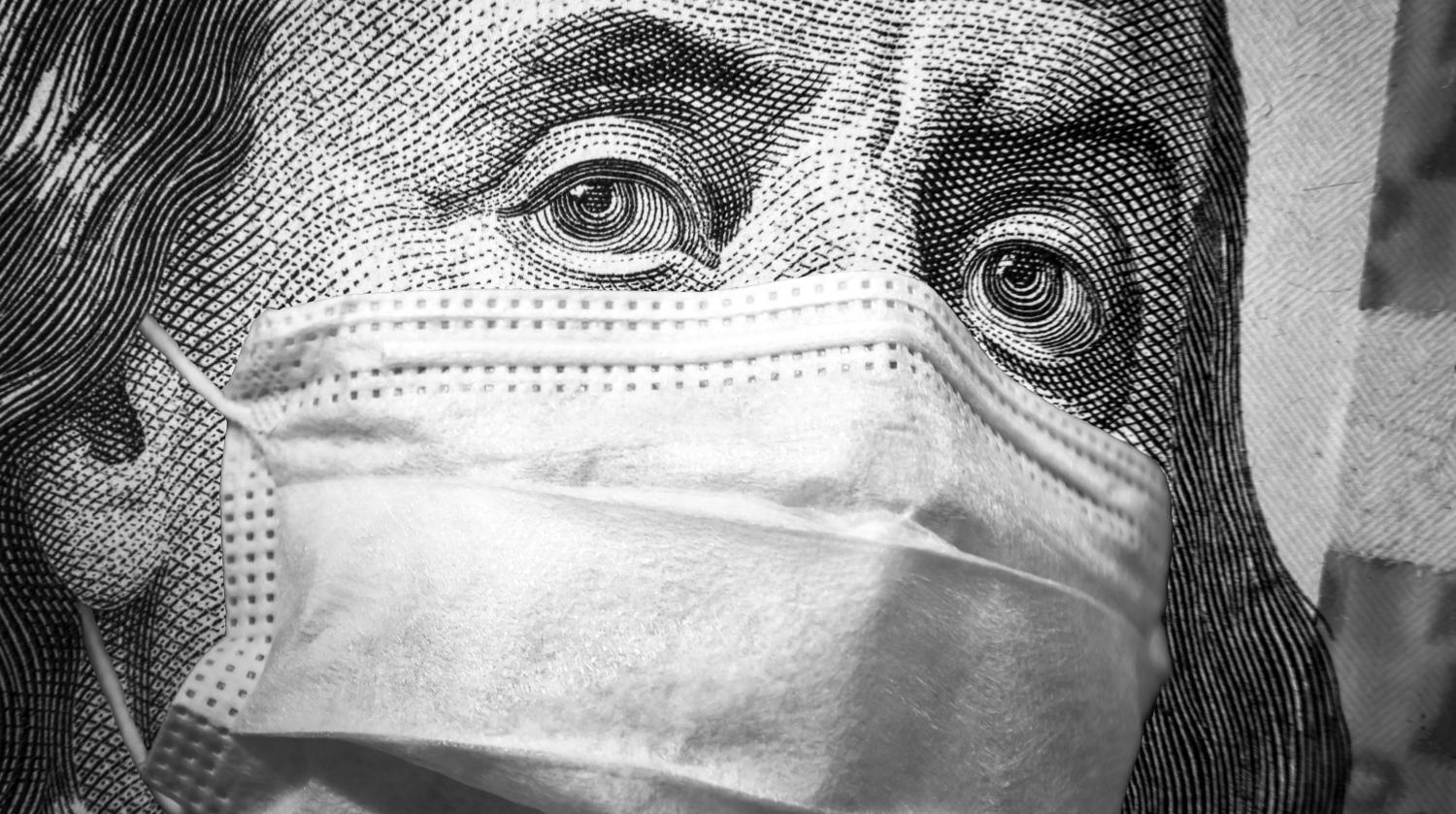The COVID-19 pandemic and the associated policy responses generated large federal budget deficits in recent years. The good news is that these factors are expected to have mainly short-term effects on the federal budget. The bad news is that – as the pandemic recedes, the associated policies expire, and the economy transitions to a more normal state of affairs – the government inherits a much larger national debt than was projected before the pandemic, and other fiscal parameters return more or less to their pre-COVID trajectories, which already were and still are unsustainable and will eventually require federal action. How quickly those actions are needed will depend on many factors, including the path of interest rates.
The Brookings Institution is financed through the support of a diverse array of foundations, corporations, governments, individuals, as well as an endowment. A list of donors can be found in our annual reports published online here. The findings, interpretations, and conclusions in this report are solely those of its author(s) and are not influenced by any donation.
-
Acknowledgements and disclosures
The authors thank Josh Gotbaum for comments, and Swati Joshi and Nora Cahill for research assistance. Gale thanks Arnold Ventures for generous research support. The views expressed here are solely those of the authors and should not be attributed to any other person or any organization.
The Brookings Institution is committed to quality, independence, and impact.
We are supported by a diverse array of funders. In line with our values and policies, each Brookings publication represents the sole views of its author(s).





